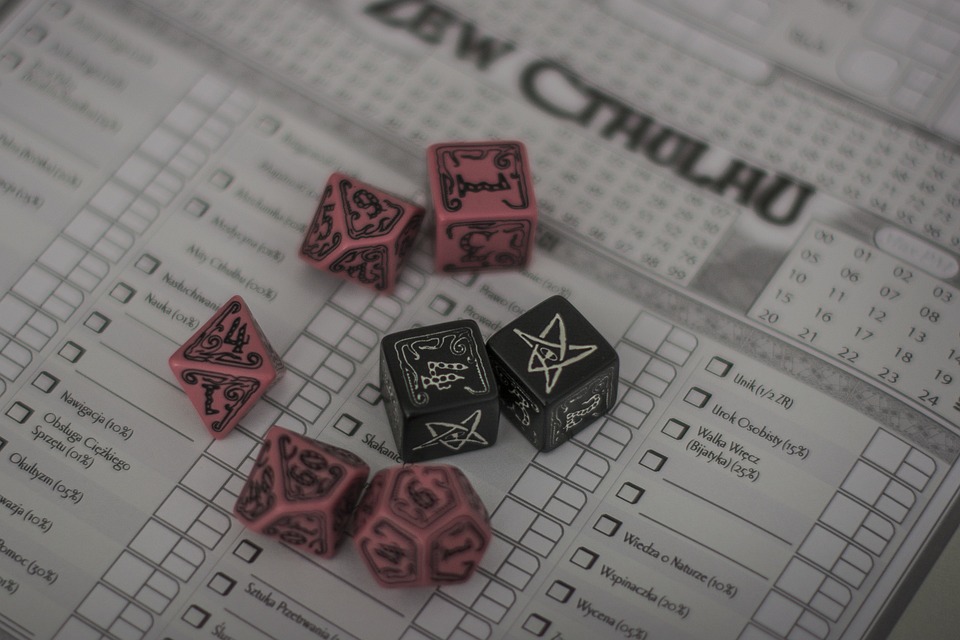Introduction
Role-playing games (RPGs) have long been lauded for their imaginative storytelling and immersive experiences. Traditionally viewed as a form of entertainment, RPGs are increasingly recognized for their educational potential. By combining critical thinking, collaboration, and creativity, RPGs foster an environment conducive to learning. Let’s explore how these dynamic games can serve as powerful educational tools.
The Structure of RPGs
At their core, RPGs involve players taking on roles in a fictional setting, often guided by a game master (GM) who orchestrates the story. Players make decisions based on their character’s abilities, backgrounds, and motivations, resulting in a narrative shaped by their choices. This structure promotes several key educational benefits:
-
Critical Thinking and Problem Solving
- Players frequently encounter dilemmas or obstacles that require strategic thinking. Whether they need to negotiate with non-player characters (NPCs) or devise a plan to overcome a challenge, they develop critical thinking skills as they evaluate various options and consequences.
-
Collaboration and Teamwork
- RPGs typically involve group settings where players must collaborate to succeed. Working as part of a team encourages communication, active listening, and mutual respect. Such experiences are invaluable in teaching students how to cooperate and value diverse perspectives.
- Creativity and Imagination
- The open-ended nature of RPGs allows for immense creativity. Players design their characters, craft backstories, and contribute to the world-building process. This fosters artistic expression, encouraging students to think outside the box and explore their imaginative abilities.
Real-World Applications
Educational institutions and instructors are beginning to harness the power of RPGs in the classroom. Here are several innovative ways RPGs are employed as educational tools:
-
Literature and Storytelling
- RPGs can be integrated into literature curricula where students explore themes, character development, and plot structures. By immersing themselves in a story, they gain deeper insights into narrative techniques and enhance their literary analysis skills.
-
History and Cultural Understanding
- Through historical RPGs, students can engage with different cultures and time periods in a hands-on manner. This interactive approach facilitates a deeper understanding of historical events, encouraging students to empathize with individuals from the past.
-
Science and Problem-Based Learning
- Games that incorporate scientific concepts encourage players to solve complex problems using scientific principles. Whether devising plans for an ecological disaster or navigating a space mission, students can apply their knowledge in practical scenarios.
- Mathematics and Logic
- Many RPGs require players to calculate odds, manage resources, and understand statistics. This exposure enhances numerical literacy and logical reasoning, making math engaging through real-world applications.
Social-Emotional Learning
Beyond cognitive skills, RPGs promote social-emotional learning (SEL). Players often face moral dilemmas, enabling them to explore empathy, ethics, and consequences. This reflection on personal choices and their impact on others aids in developing emotional intelligence, a crucial life skill.
Challenges and Considerations
While RPGs hold tremendous educational potential, several challenges must be addressed. Educators need to balance game mechanics with curricular goals to ensure that learning objectives are met. Additionally, the diverse interests of students may require modification of traditional RPG formats to cater to various learning styles.
Conclusion
As educational paradigms evolve, the use of RPGs as learning tools presents exciting opportunities. By leveraging the immersive and dynamic nature of role-playing games, educators can foster critical thinking, collaboration, and creativity in their students. As we continue to explore and innovate within educational practices, it’s clear that learning through adventure is not only effective but also extraordinarily enjoyable. Embracing RPGs in education ultimately equips students with the skills they need to navigate the real world—one adventure at a time.

